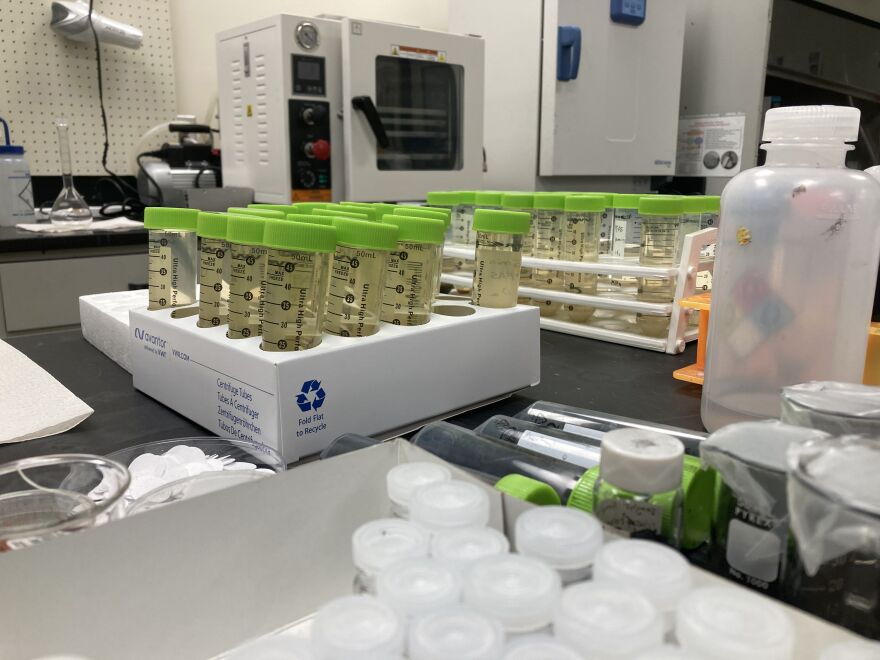In another federal move to regulate PFAS, the EPA announced this morning two “toxic forever chemicals” should be declared hazardous substances.
PFOS and PFOA are the most well-studied, toxic and likely prolific of the PFAS family.
Production of them is already banned in the US — but as hazardous substances, they would be under even stricter standards.
David Kline is with the Superfund Section at the Michigan Department of Environment, Great Lakes and Energy. He said hazardous substances receive more federal oversight on how they’re used, disposed and cleaned up.
“[This designation] should have been done a long time ago, but it's great news that it's happening now,” he said. “In my perspective, the big bonus there is that EPA will be able to use their enforcement authorities to compel parties to address PFAS.”
If the designation is enacted, Kline said a few of the 200+ PFAS sites in Michigan may be good candidates for the EPA’s National Priorities List.
Tony Spaniola is an advocate with the Great Lakes PFAS Action Network. He said the designation would give communities more tools in the fight against PFAS contamination.
“This ratchets up the liability scenario for polluters,” Spaniola said. “It gives harmed communities, families, and regulatory agencies the ability to recoup costs, and that’s really important.”
Spaniola said the proposal is part of the ramping up of federal efforts to address PFAS. Earlier this summer, the EPA announced drastically low health advisories - that say virtually no level of PFAS is safe in drinking water.
Designating PFOS and PFOA as hazardous substances is one of several federal goals in the EPA’s PFAS Strategic Roadmap. The proposed designation still needs to be added to the Federal Register and go through a 60-day public comment period before it can be enacted.


